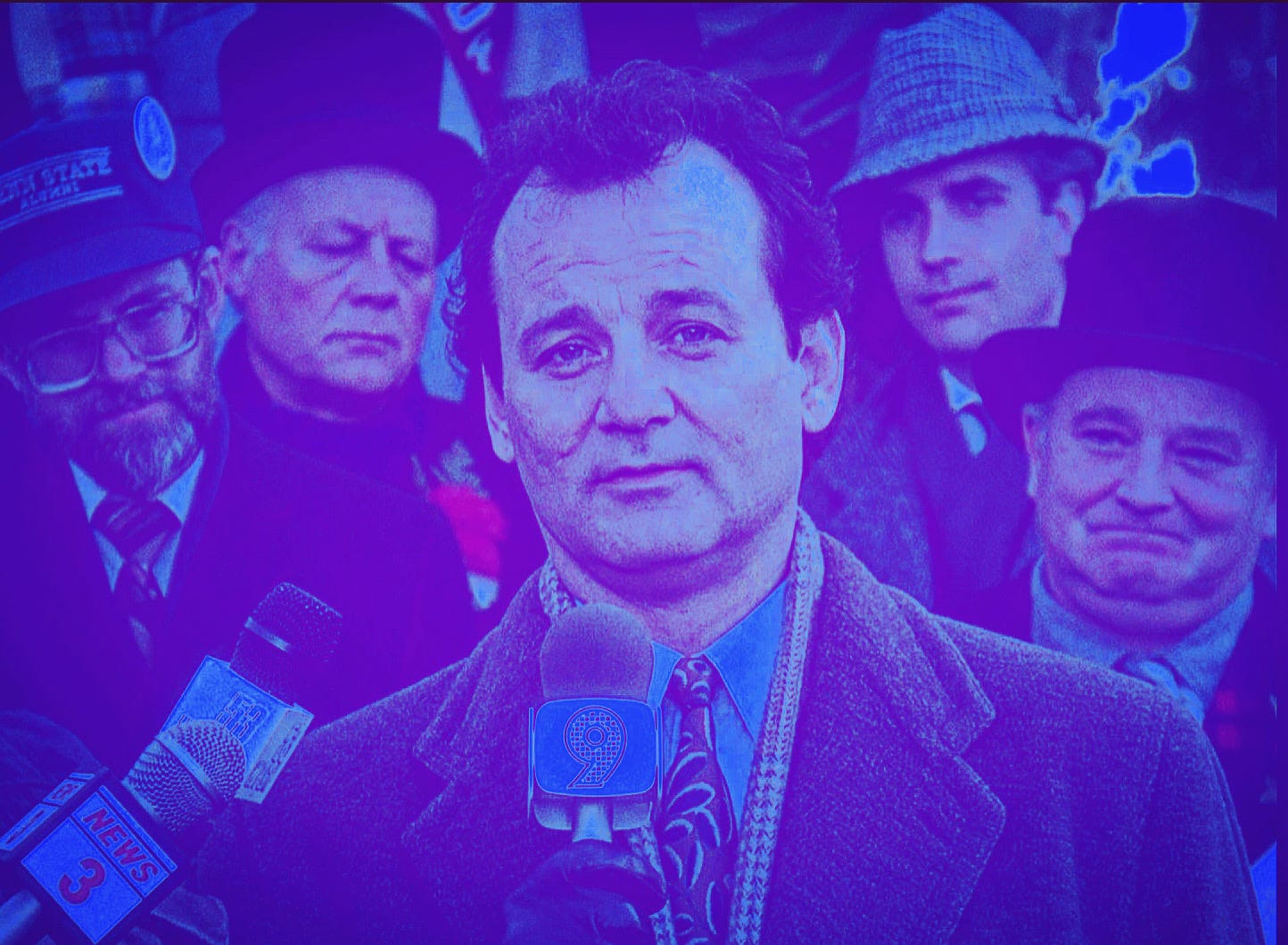Washtenaw County Mental Health / Public Safety Millage Public Hearing and Commissioner Listening Sessions
Hello all, this week we will have three opportunities to share our voices on the current rush to rubber stamp renew the county mental health / public safety millage. I’ve written about this a few times in the past couple months. See the image below for the info re: how/where/what days/times you can share your thoughts about this millage, where you think we should be spending those dollars.
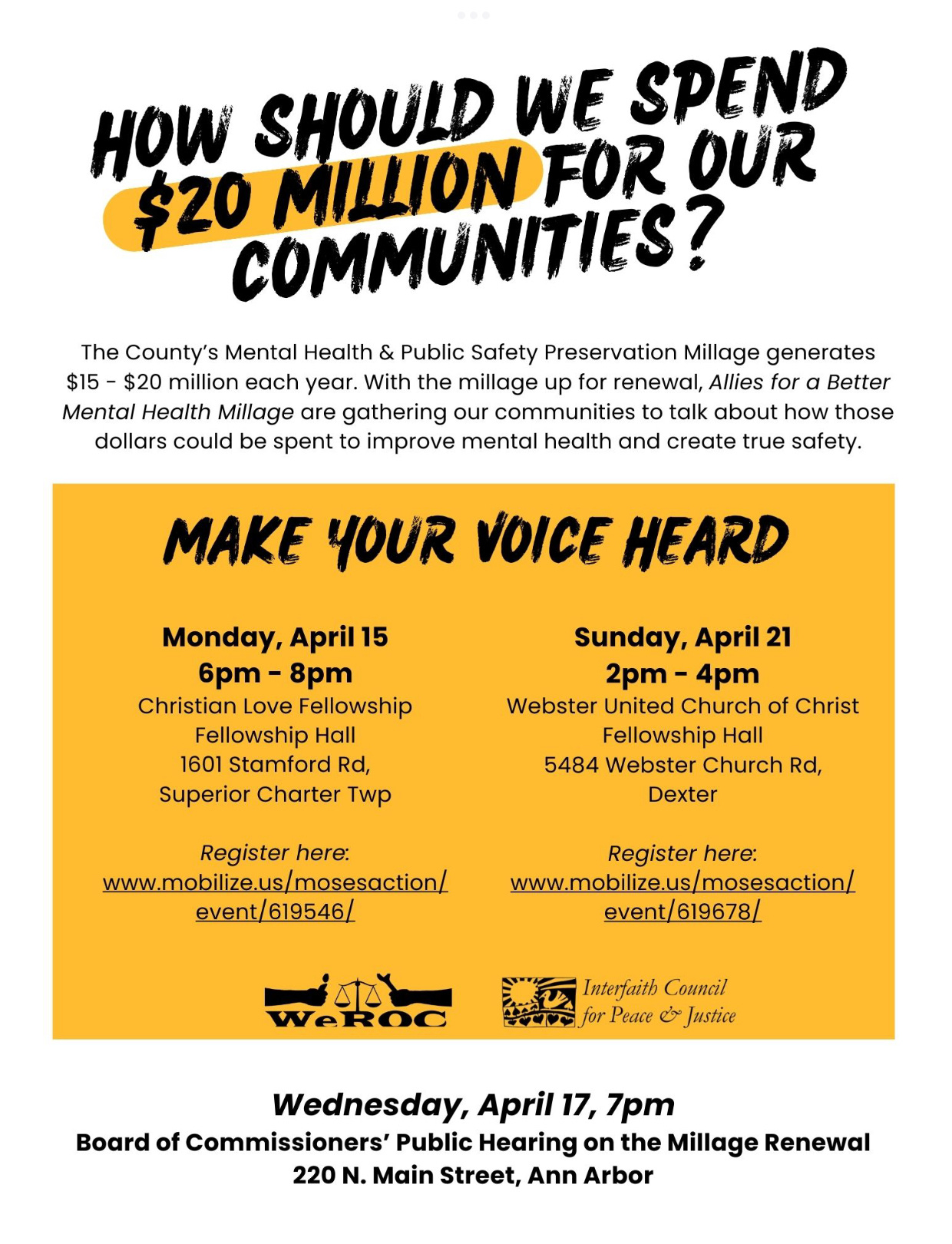
I submitted a FOIA request to the sheriff’s department [WCSO] for contracts/ MOUs and line-item revenues/ expenditures. The WCSO is asking for $938 to retrieve and send me the relevant documents. We were able to raise the funds last week [!!!]. Thanks to everyone who donated, shared the GoFundMe page. I’ll pay the deposit sometime today [it has to be a check] and the WCSO FOIA officer states that the request will take at minimum 40 days to process.
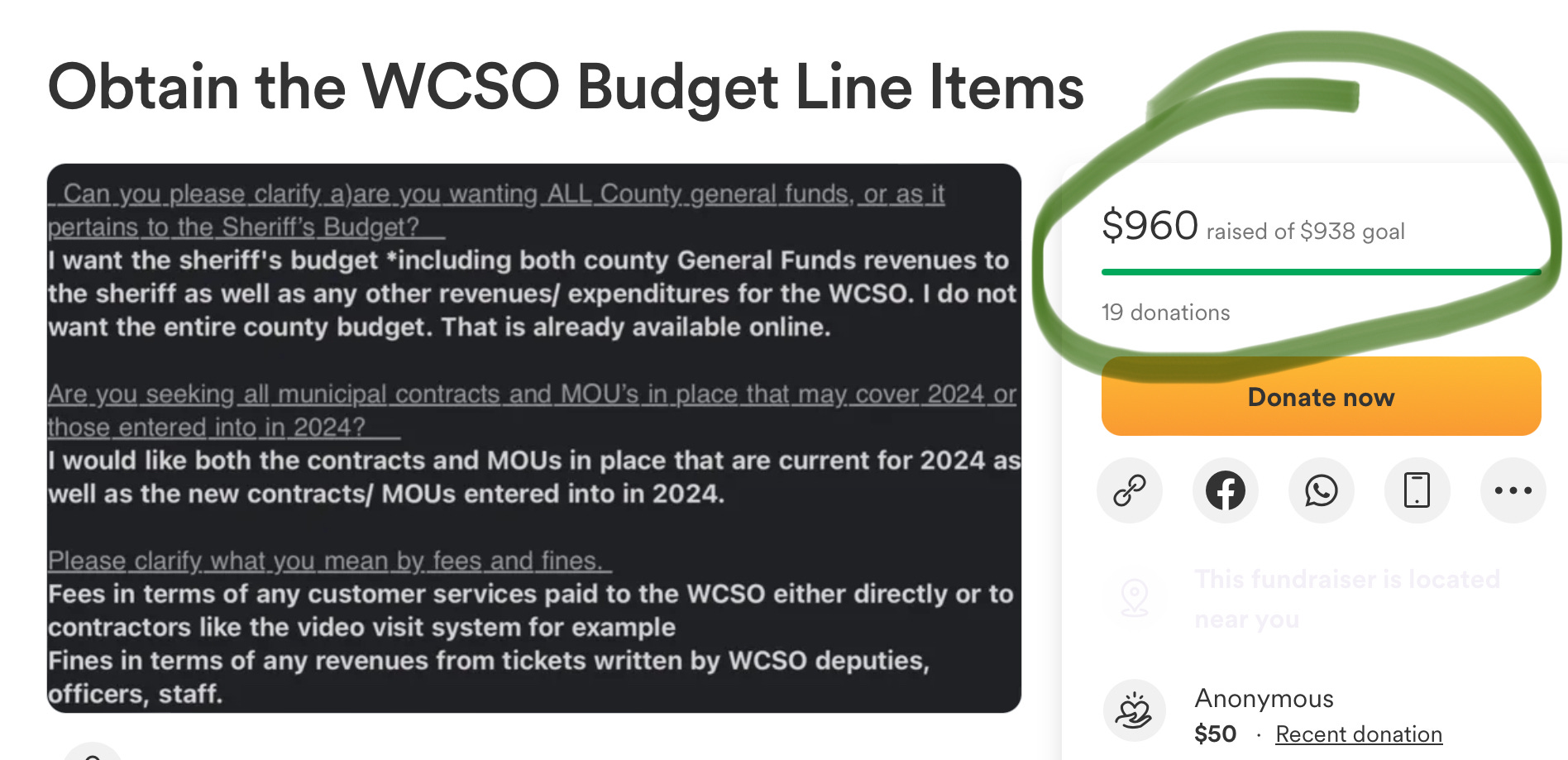
This millage has been in place since voters approved it in 2017. It’s an 8-year millage and will be funded through 2026. Currently, the 1.0 mil is producing $20M which is being split 38% each to Community Mental Health [CMH] and to the WCSO. There is a “rebate” of 24% of the millage given to seven municipalities that have their own police forces. This basically means that 62% of the millage is going to “public safety” i.e. police while much less is going to CMH. A couple of the municipalities, Ann Arbor and Chelsea, are putting some portion of their rebates toward mental health-related services, but the majority of those rebates are going to other municipal uses.
Members of WeROC, Care Based Safety, ICPJ along with other community members have been working hard to facilitate more community dialogue about this millage in an attempt to redirect the funds away from the carceral system and toward mental health services/ supports instead of police. The WCSO and court system already gets ~70% of our county general funds. While supporting the funding of more mental health services, the Allies For A Better Mental Health Millage also want to re-envision what is considered “public safety” to reflect the needs of community members. Armed police officers and their agencies are not equipped to deliver these services and in fact could be argued to put people in more danger as a result of their presence during instances of crisis.
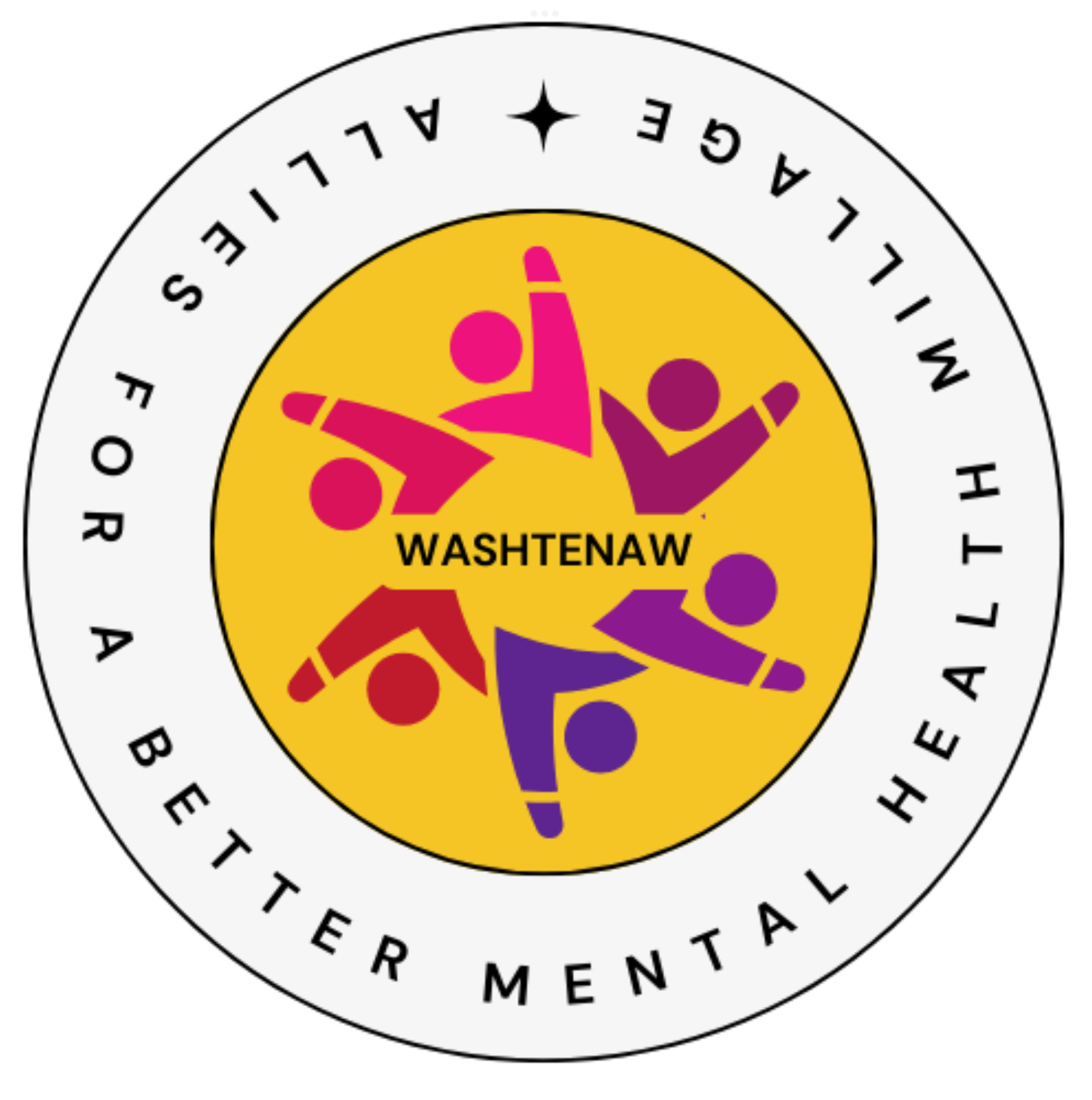
The Washtenaw Equity Partnership, a county government sponsored project, issued a report in 2023 with recommendations for a *public health* approach to public safety as well as a reduction in the resources going to the WCSO, policing and the carceral system which have disproportionate negative outcomes for Black residents, other persons of color and lower-income folks. Here is an excerpt from the executive summary of the report, which you can download from the link above:
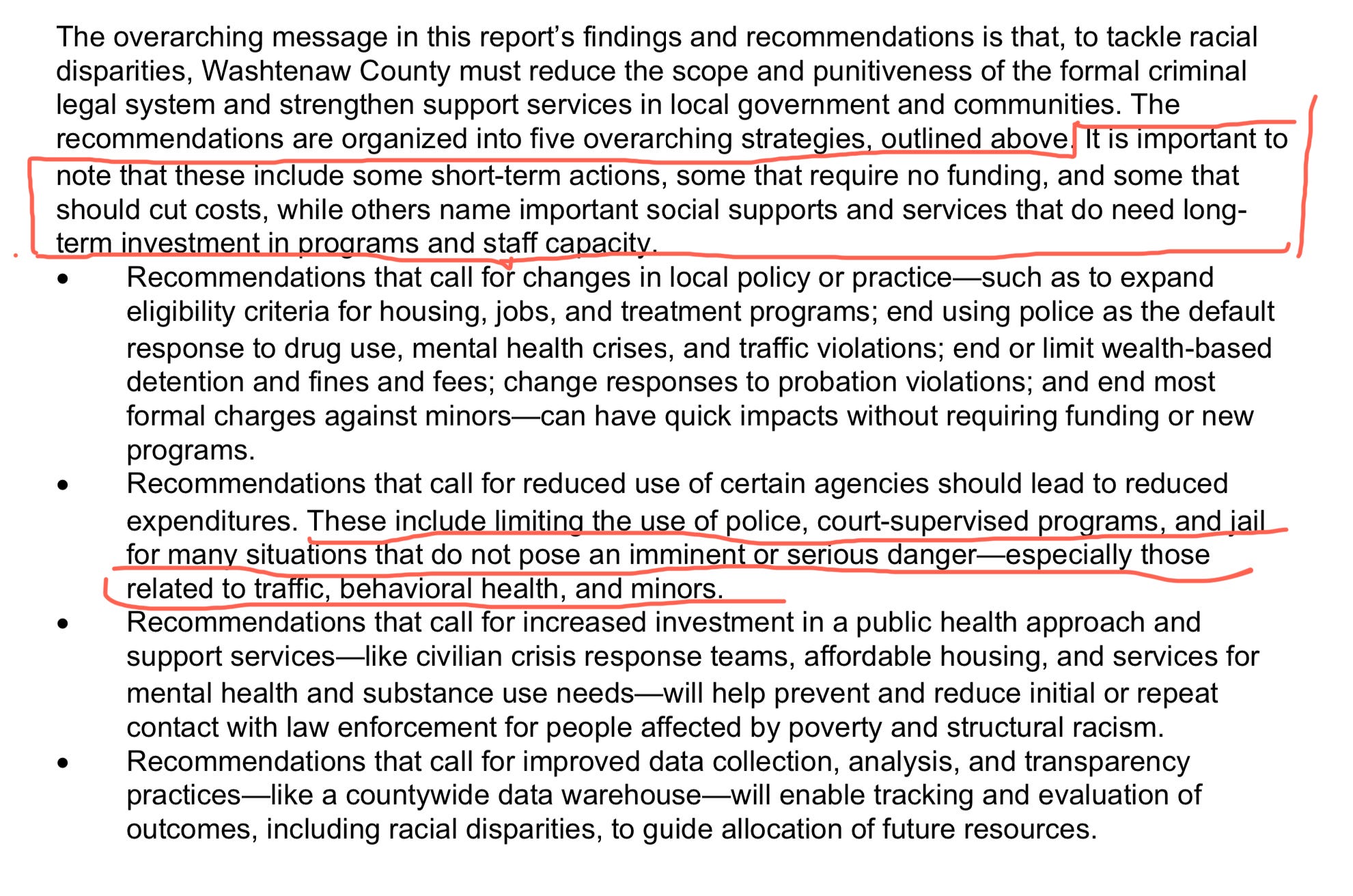
Below is the press release from the Allies For A Better Mental Health Millage. I hope we will see you at one or all the upcoming opportunities to voice your concerns about this millage renewal to county commissioners.
**FOR IMMEDIATE RELEASE**
**Date: April 12, 2024**
**Contact: ** Cynthia Bodewes, 734-358-6994, cbodewes@umich.edu
**Community Urged to Attend Listening Sessions and Public Hearing for Mental Health Fundingin Washtenaw County**
Washtenaw County, MI - A new grassroots coalition is encouraging residents throughout Washtenaw County to attend two crucial community Listening Sessions and a County Board public hearing to address the urgent need for increased Mental Health funding within the county.
Allies for a Better Mental Health Millage is holding the next of these Listening Sessions on April 15, from 6:00 pm-8:00pm at Christian Love Fellowship Ministries Fellowship Hall, 1601 Stamford Road, Superior Township. The Allies coalition will hold its second Listening Session on April 21, from 2:00pm-4:00pm at Webster United Church of Christ Fellowship Hall, 5484 Webster Church Road, Dexter. These sessions are critical forums for community members to voice their concerns and advocate for change in the Public Safety and Mental Health Preservation Millage language to fund Washtenaw County Community Mental Health (WCCMH) and other mental health service organizations more effectively, without harm to public safety.
Of particular concern is the current allocation of funding, which since the original 2017 vote has disproportionately favored traditional policing over mental health services. The current distribution of the funding is 38% to Community Mental Health, 38% to the Sheriff’s Office and 24% to municipalities that have their own police force. Therefore 62% of the funding is not required to be used for mental health. Given the major changes over the past several years, including the pandemic, advocates are calling for a higher percentage of funding to be allocated to WCCMH and other mental health service providers, in order to better meet the mental health needs of the county's residents while maintaining effective public safety.
The Allies coalition is also encouraging community members to attend the public hearing on April 17, 2024 that the Washtenaw County Board of Commissioners is holding. This forum will provide an opportunity for residents to directly address the Commissioners and advocate for changes to the millage language. Many residents are calling for ensuring that more millage dollars are used to support mental health services while meeting evolving public safety needs over the 8-year duration of the new or renewed millage.
"We need the millage dollars to be used appropriately to support residents’ mental health," said Cynthia Bodewes, President of Washtenaw Regional Organizing Coalition and part of the Allies coalition. "The Commissioners have been invited to listen to residents’ concerns, and we need to have a great turnout in order to be effective in making sure that this important public decision truly improves our ability as a community to both improve mental health and public safety."
For more information, please contact Cynthia Bodewes at cbodewes@umich.edu or 734-358-6994.
###
Thanks for reading. We wouldn’t be here if you hadn’t been there
